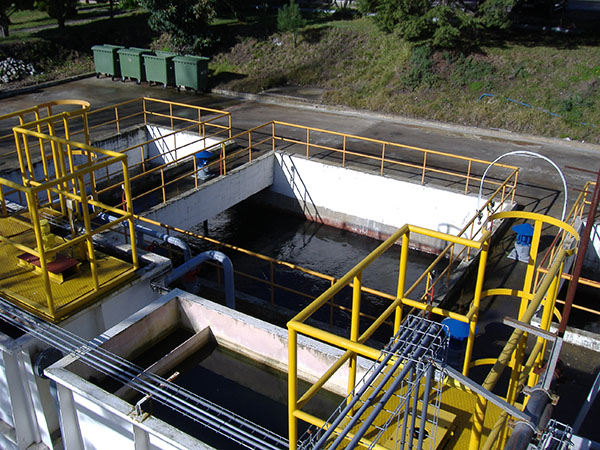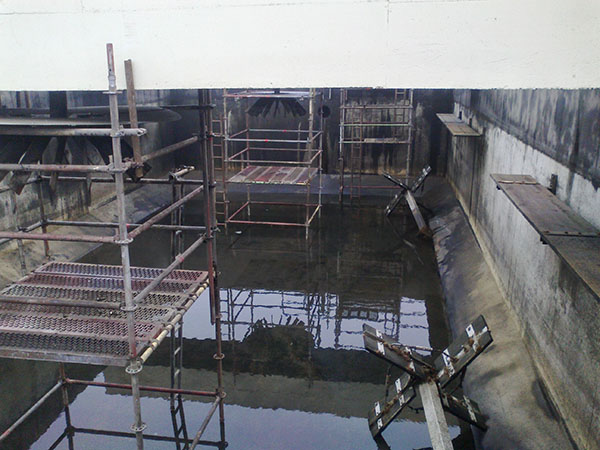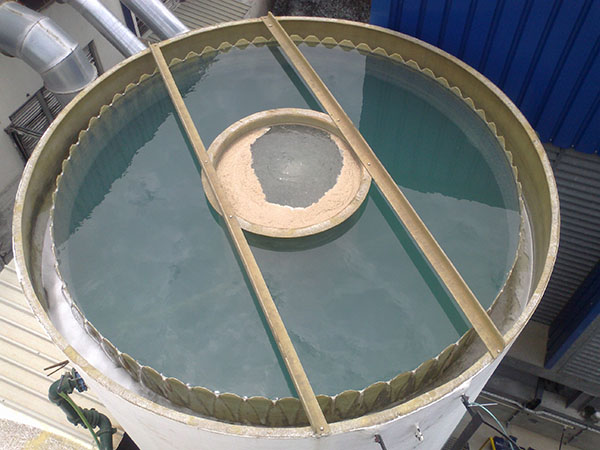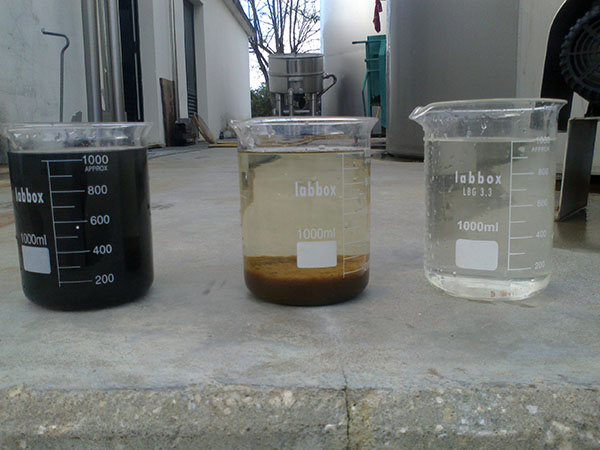Optimize factory water consumption by reducing losses and by looking for alternative water sources.
Encouraging the maximization of the closing of the internal water cycle in industrial units located in urban areas, avoiding the maximum costs associated with the purchase of drinking water or discharge of wastewater in municipal collector;
Water treatment according to uses and legislation or specifications;
Correct water treatment of cooling and water heating systems to minimize corrosion or limescale effects;
Protection of factory pipelines and equipment from closed, semi-open or open circuits against corrosion, limestone deposition or microbiological development, thereby reducing the number of breakdowns and unwanted stops;
Prevention and fight against the development of Legionella pneumophila in industrial cooling circuits;
Reduction of energy consumption in cooling, heating or water lifting units.
Industrial Water Networks ManagementQTA32020-07-21T16:22:55+00:00








